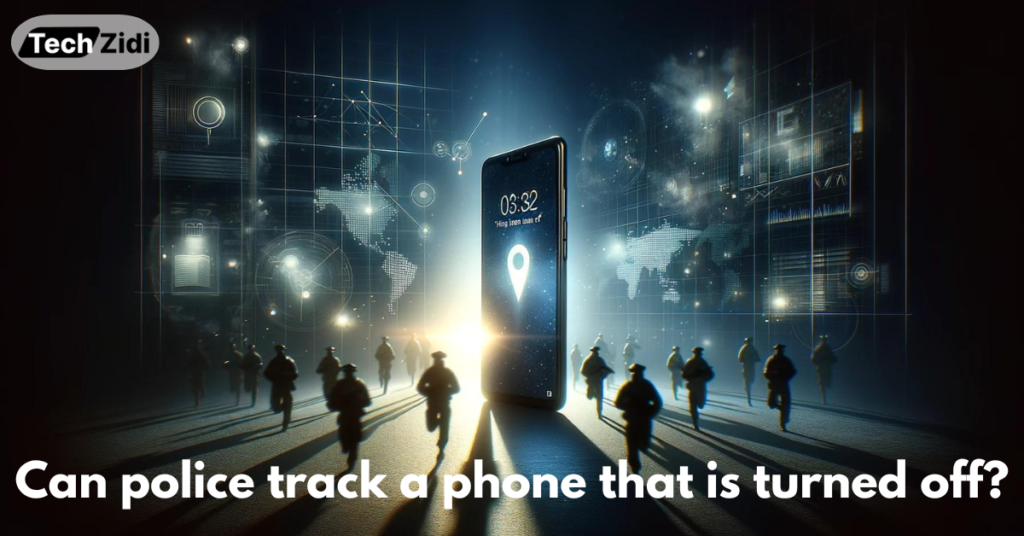Can police track a phone that is turned off?
Smartphones have become an important part of our lives in this digital age. Many smartphone users are split on the issue of whether police can still track a phone that is turned off. Police can keep an eye on a phone even when it is turned off thanks to advanced technology they have access to. They use cell tower data as one way. This data leaves a digital trail that includes the phone’s unique identifier, the time it connected, and the direction of the tower. The police can figure out the general area where the phone was last connected to a tower by looking at this data.
A signal sent from a cell tower to a phone to make a connection is called a “ping.” This is another method used by police. Pings from nearby towers can reach a phone even when it is off. Law enforcement can get a pretty good idea of where a phone is by sending it multiple pings and timing how long it takes for the signal to bounce back.
But police can not look at what is on the phone without a warrant because the Fourth Amendment of the US Constitution protects people from being searched or taken without a warrant. These rules say that police need a warrant to look through a phone’s contents, even if the phone is off.
The fact that police can track a phone that is turned off has both good and bad effects. In some cases, it can be very helpful in finding missing people or criminals, and in the worst cases, it can even save lives. Privacy advocates, on the other hand, say that being able to track a phone that is turned off violates a person’s right to privacy and opens the door to power abuse.



